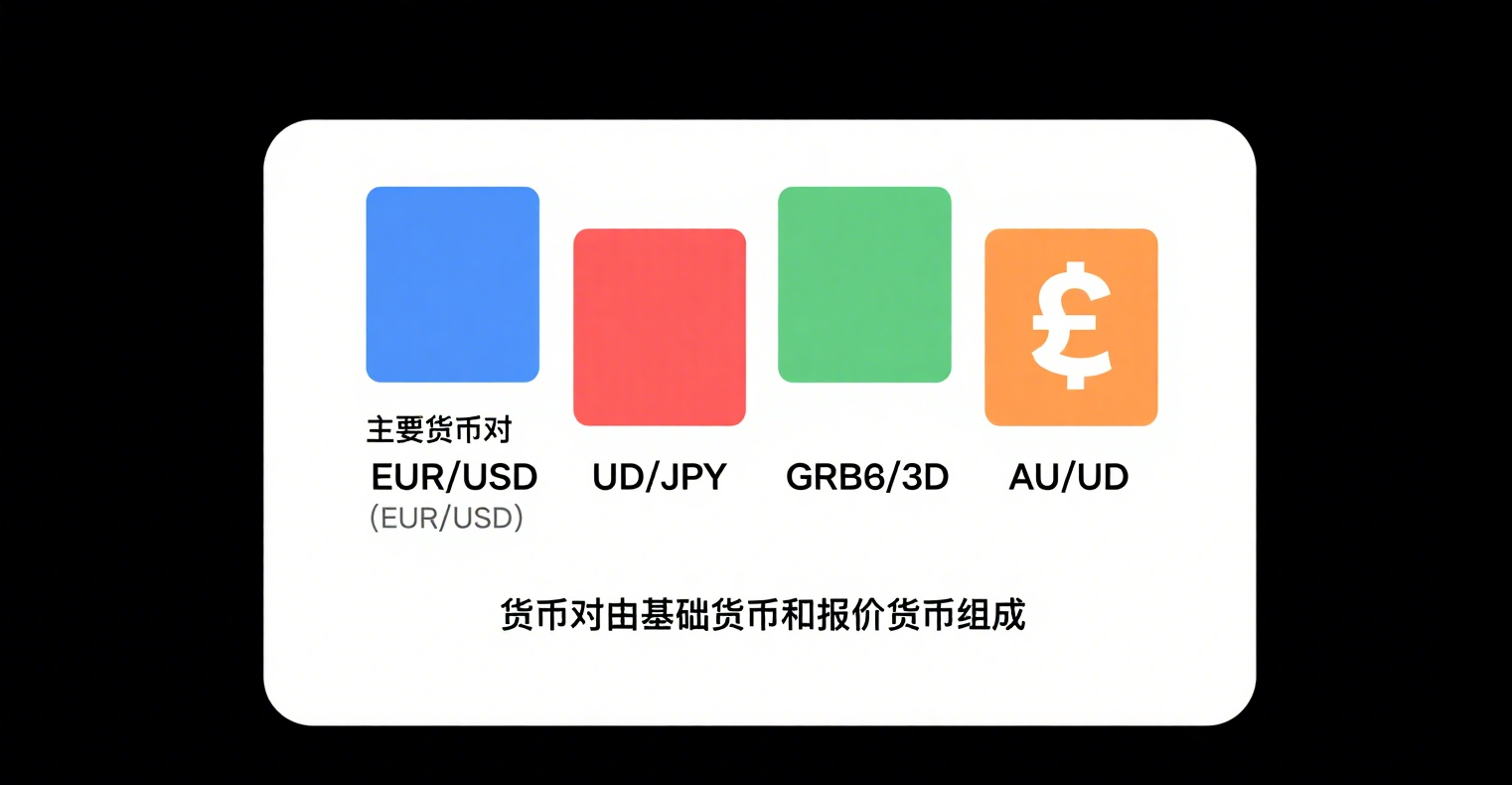
Multiple Western Countries to Recognize Palestinian State—Will the Two-State Solution Move Forward?
Recently, several Western countries have announced their intention to recognize the State of Palestine. Following French President Macron’s July 24 declaration that France would recognize Palestine at the upcoming UN General Assembly in September, the UK Prime Minister’s Office stated on the 29th that if Israel fails to improve the humanitarian situation in Gaza and achieve long-term peace, Britain will recognize Palestine before this year’s General Assembly. Canada, Malta, and others have since made similar announcements.
Why have France, the UK, Canada, and others shifted their stance at this time, and what impact will this have?
Over the past few weeks, the humanitarian crisis in Gaza has worsened. On August 1, Gaza’s health authorities reported that 162 people had died of starvation since October 2023. UN data shows that between May 27 and July 31 this year, at least 1,373 Palestinians in Gaza were killed while seeking food.
Niu Xinchun, Executive Dean of the China-Arab States Research Institute at Ningxia University, believes the severity of the humanitarian crisis has sparked strong public reactions in Western nations, pressuring governments to act. Many sovereign states and international organizations have condemned Israel, and remaining silent now could be seen as siding with Israel, incurring significant political costs.
Amid worsening conditions and international pressure, Israel has recently adjusted its control over humanitarian aid. Since July 27, Israel has implemented daily 10-hour pauses in military operations in parts of Gaza and opened new aid routes. Jordan, the UAE, Belgium, France, and others have airdropped aid into Gaza.
Niu suggests Israel may further ease restrictions on aid, but without an end to the conflict, the humanitarian crisis will persist. Dong Manyuan notes that some of Israel’s recent "humanitarian measures" also target Hamas. For example, Israel established "humanitarian zones" to attract Gazans with essential supplies while banning weapons, ammunition, and large sums of money, which could weaken Hamas.
Experts acknowledge that lasting peace is a prerequisite for implementing the two-state solution. However, given their respective domestic and external considerations, Israel and Hamas are likely to continue a "fight-and-talk" approach. Thus, while Western recognition of Palestine increases pressure on Israel, achieving a genuine two-state solution remains a long and challenging process.
















